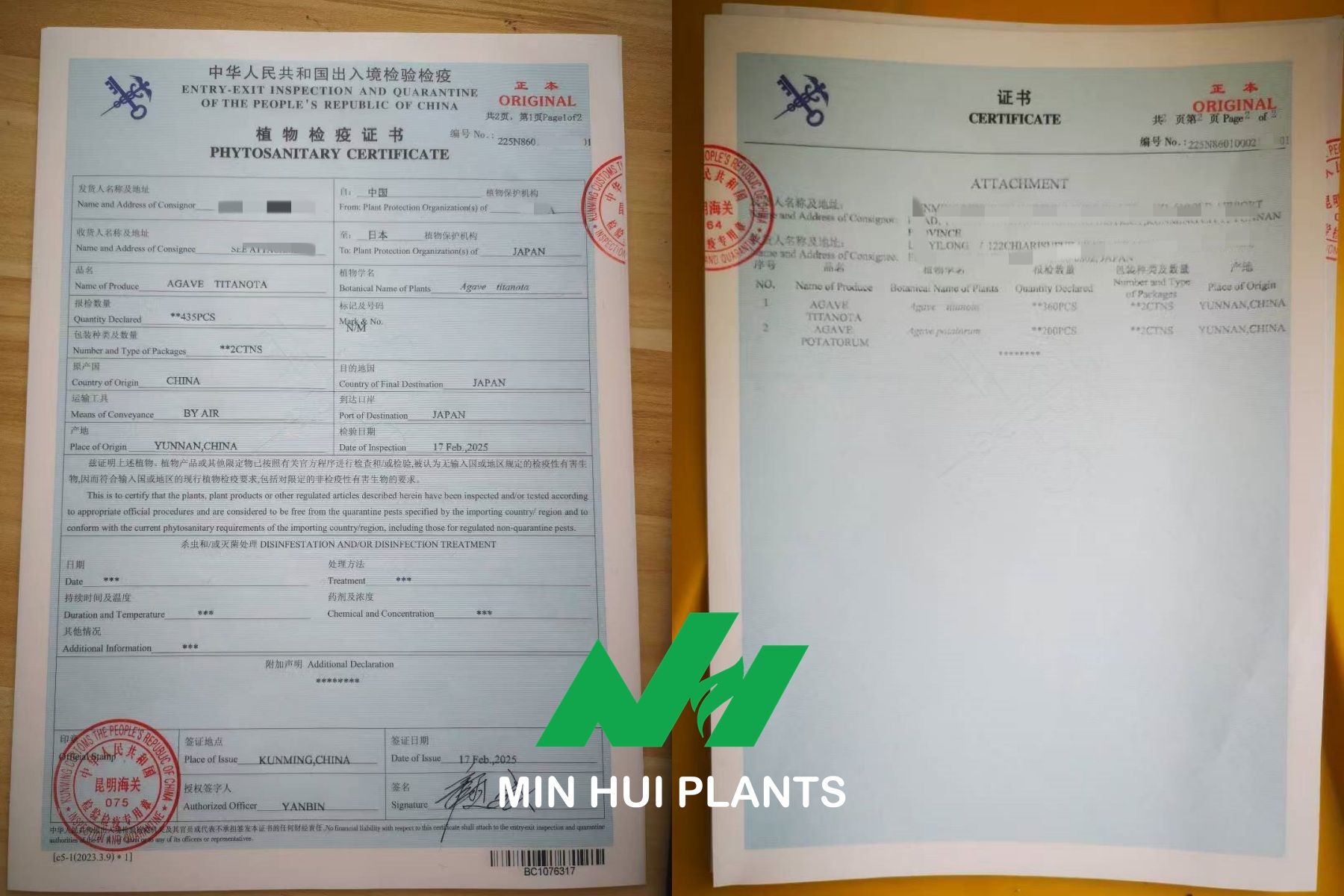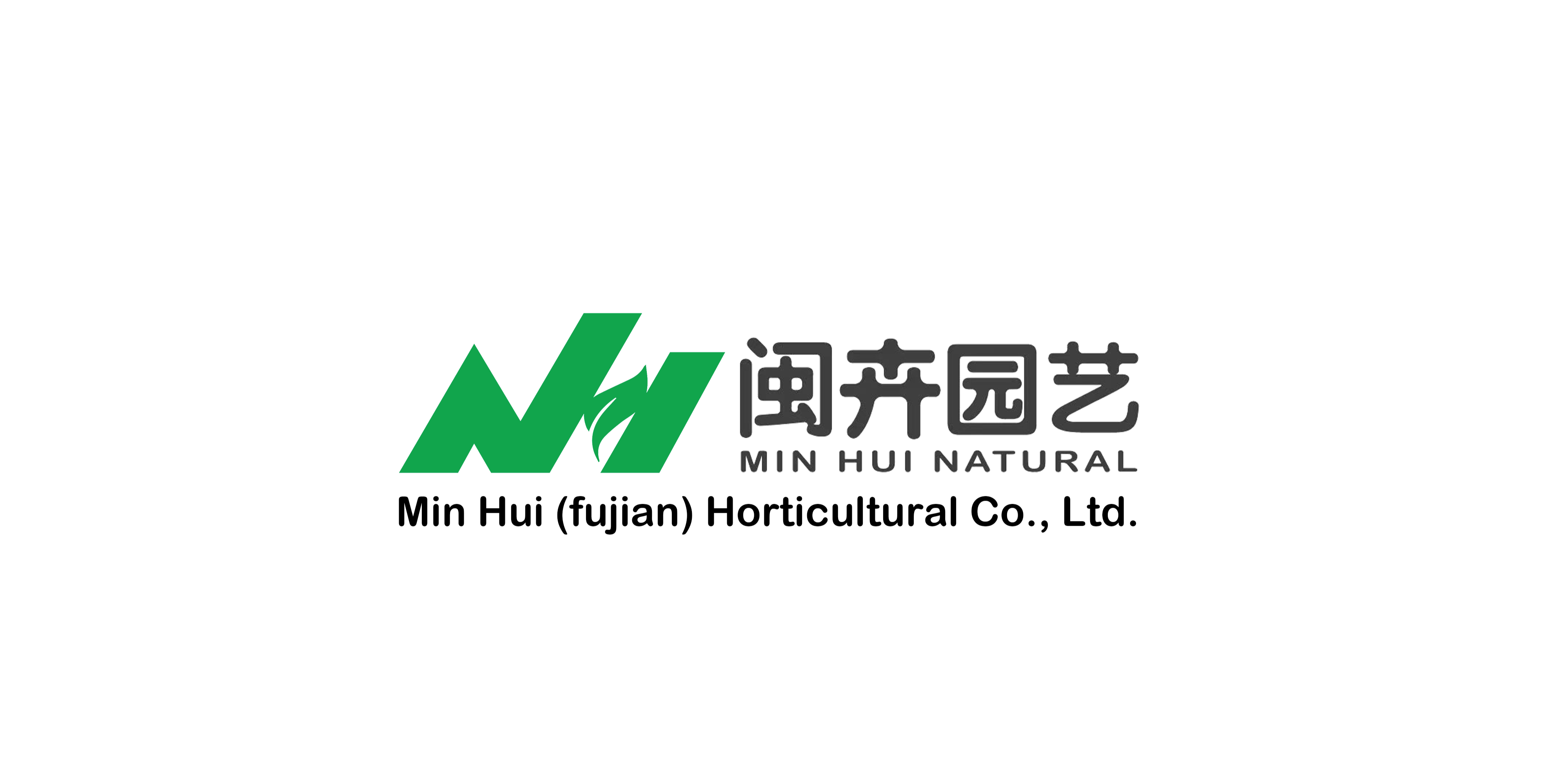Understanding the global popularity of succulents – a practical guide for wholesalers
Author: Min Hui Plants 〡 Jun 29, 2025 〡 360
360Succulents are popular for their small size, easy care and unique visual appeal. In urban environments where space is limited, succulents offer a beautiful and low-maintenance option for interior decoration. Their variety of shapes, colors and textures can be matched with different design styles - modern, minimalist or rustic.
In addition, succulents are increasingly used in:
DIY terrarium planter sets
Wedding and party favors
Corporate gifts
E-commerce plant sales
Demand continues to grow in countries such as the United States, Germany, Japan and the United Arab Emirates, especially in retail chains and online stores.
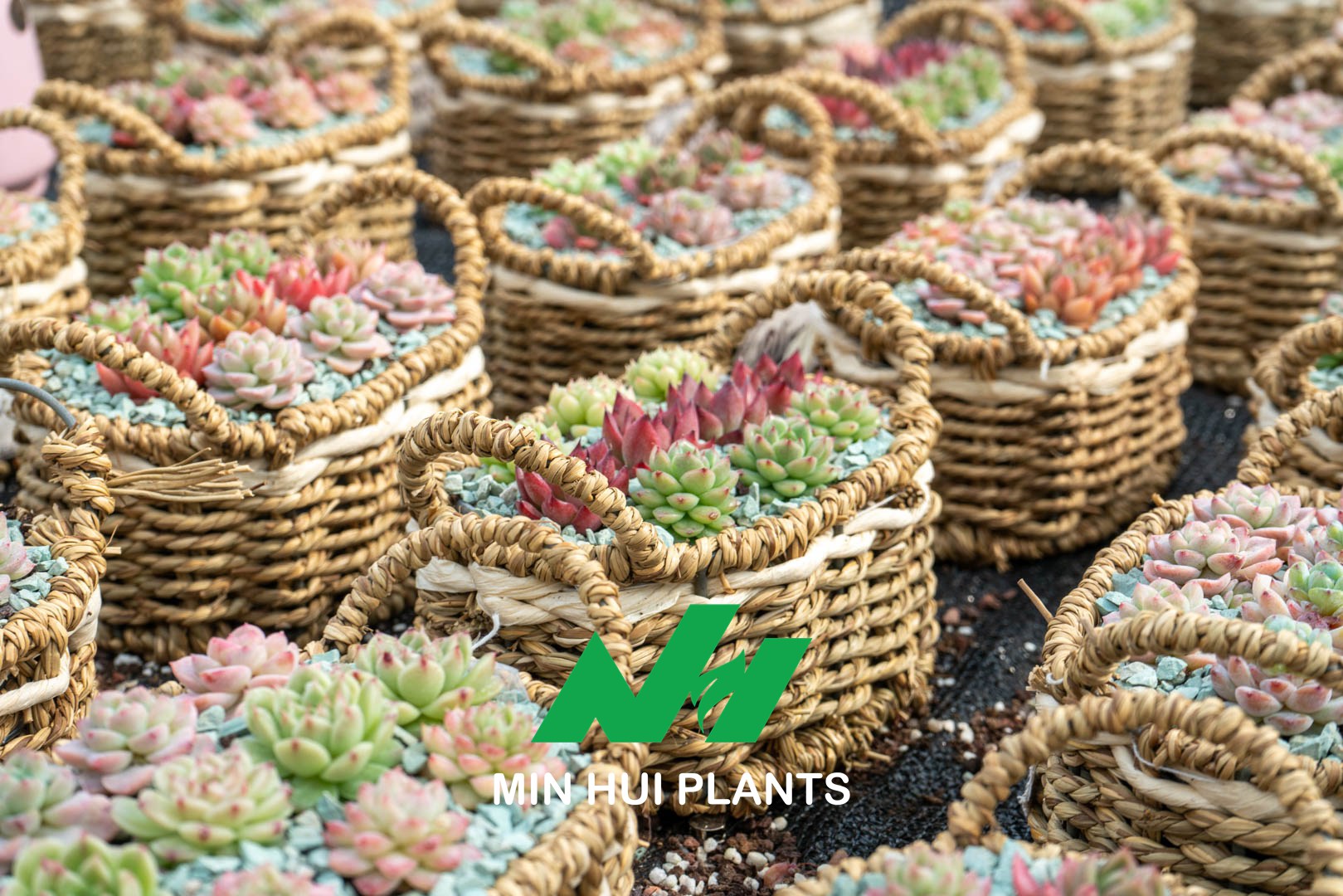
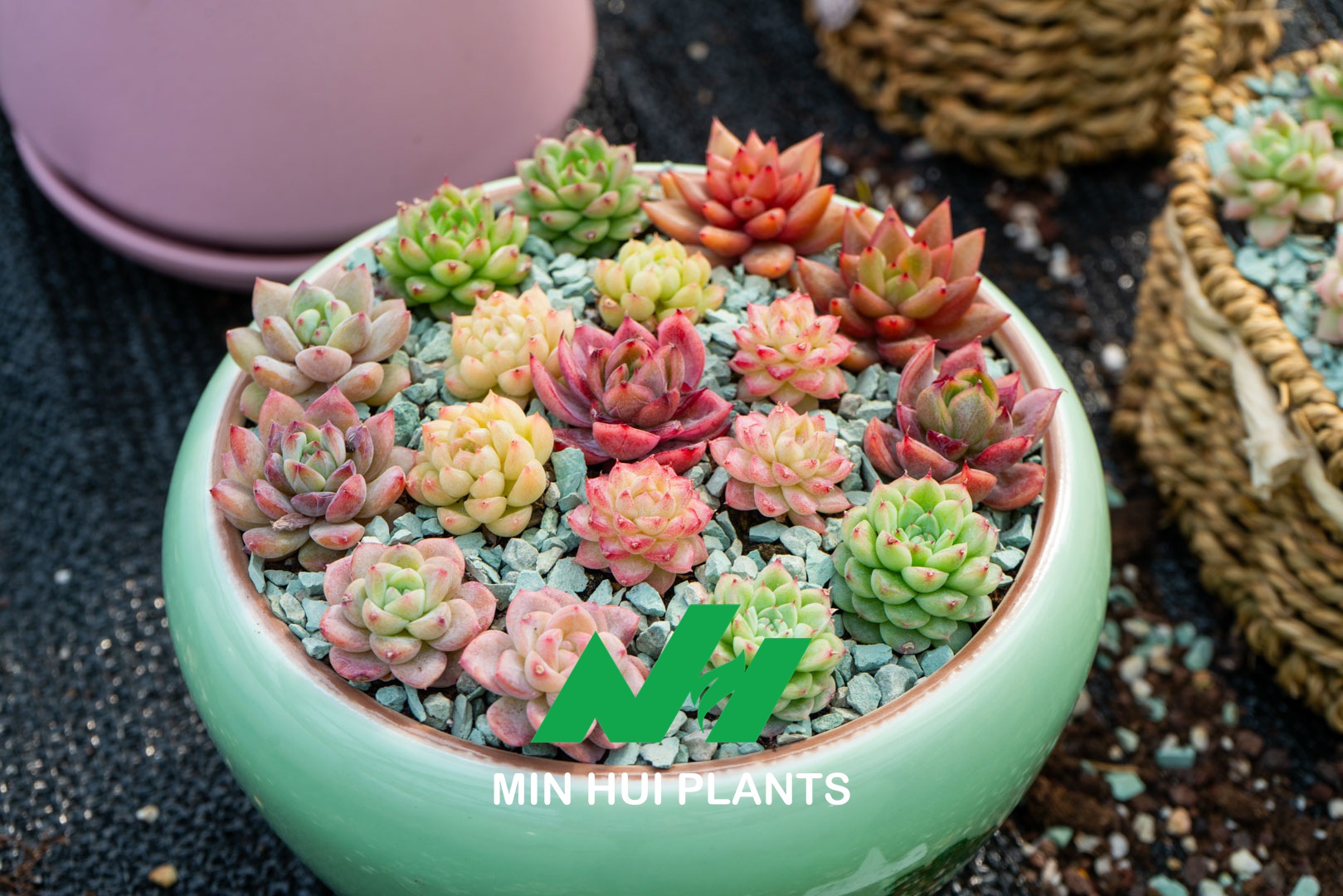
Why succulents are suitable for export
Succulents are particularly suitable for international transportation in bulk:
Drought tolerant: They require very little water and can withstand dry conditions during transportation.
They are compact: The small root system and dense shape reduce the risk of breakage or stress.
Less prone to rot: Compared with tropical foliage plants, succulents are more resilient in the changing transportation environment.
These characteristics make succulents a low-risk and cost-effective airfreight export category, especially for suppliers with strict shipping time requirements.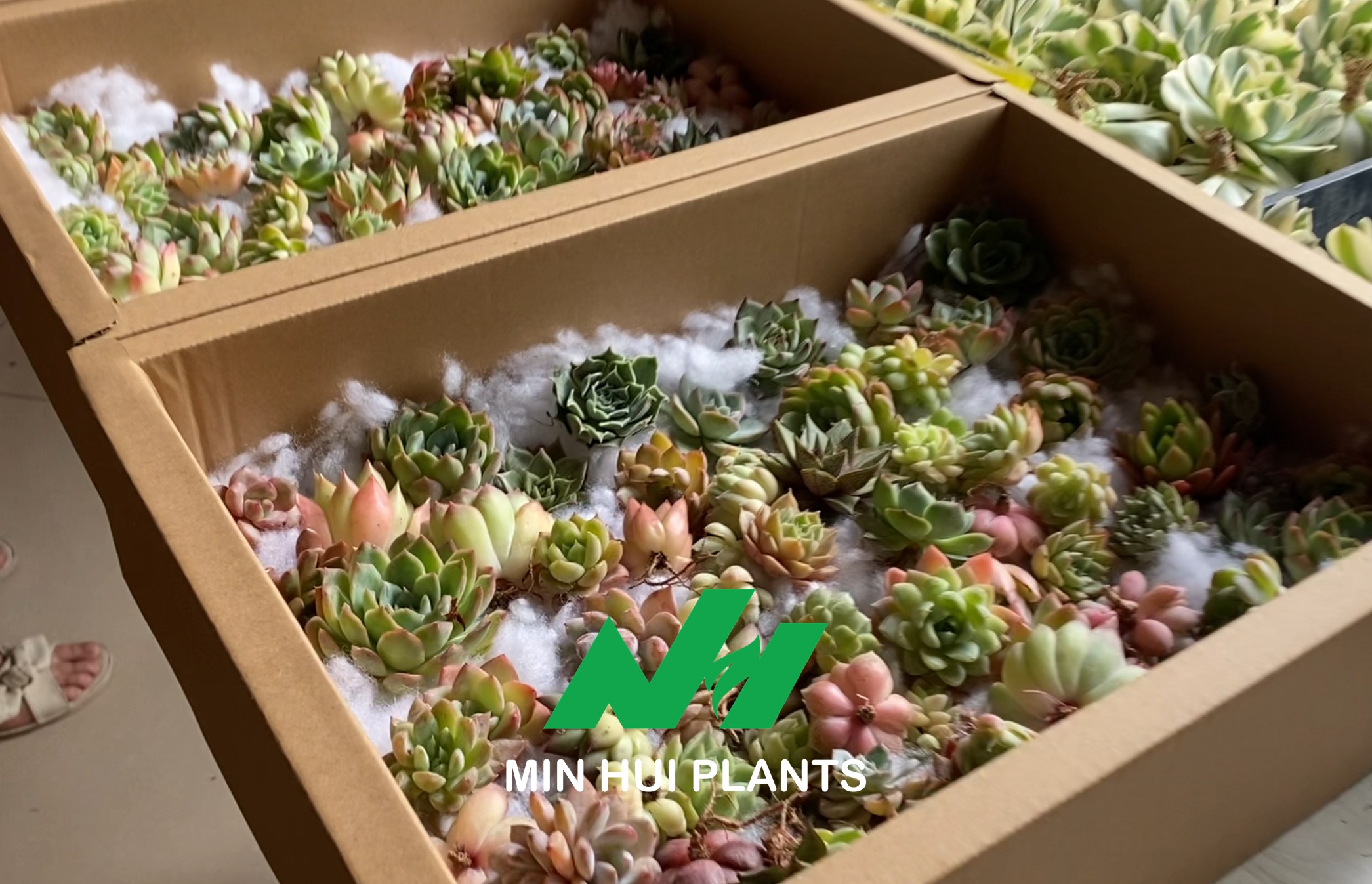
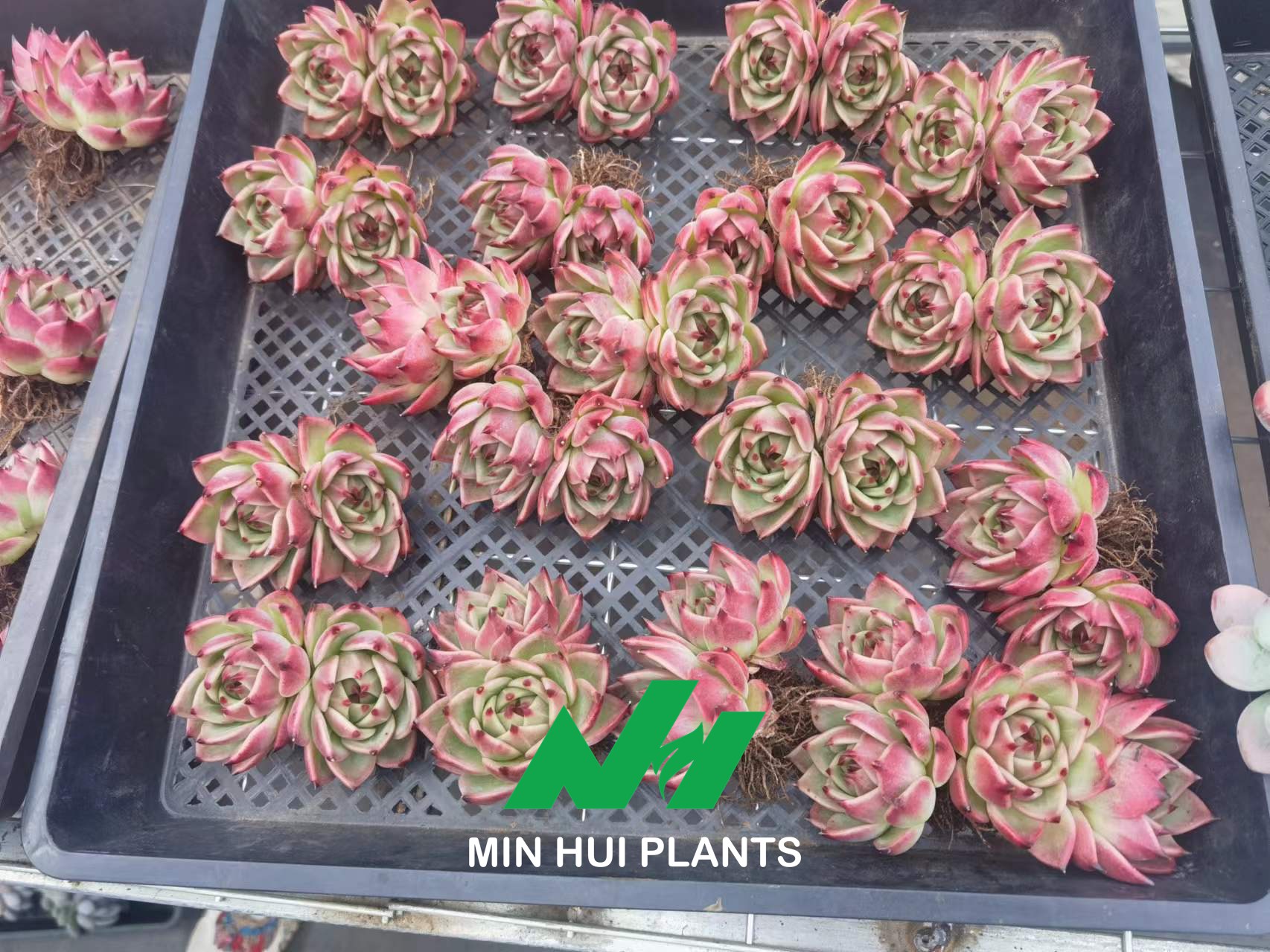
Common Succulent Varieties for Export
While the succulent market is diverse, some varieties consistently perform well in shipping and retail:
Echeveria – Rosette-shaped, brightly colored, perfect for pots or gift boxes
Hausaconida – hardy, compact, and perfect for low-light environments
Sedum – Great for landscaping and mixed pallets
Sedum – Sculptural tree-like forms
Pachyphyllum – Thick, soft toned, often used in combination pots
Each variety has its own unique aesthetic appeal and shipping characteristics. We encourage buyers to consider how each type aligns with the preferences of their target market, and MinHui Gardening can meet all of your wholesaler's needs.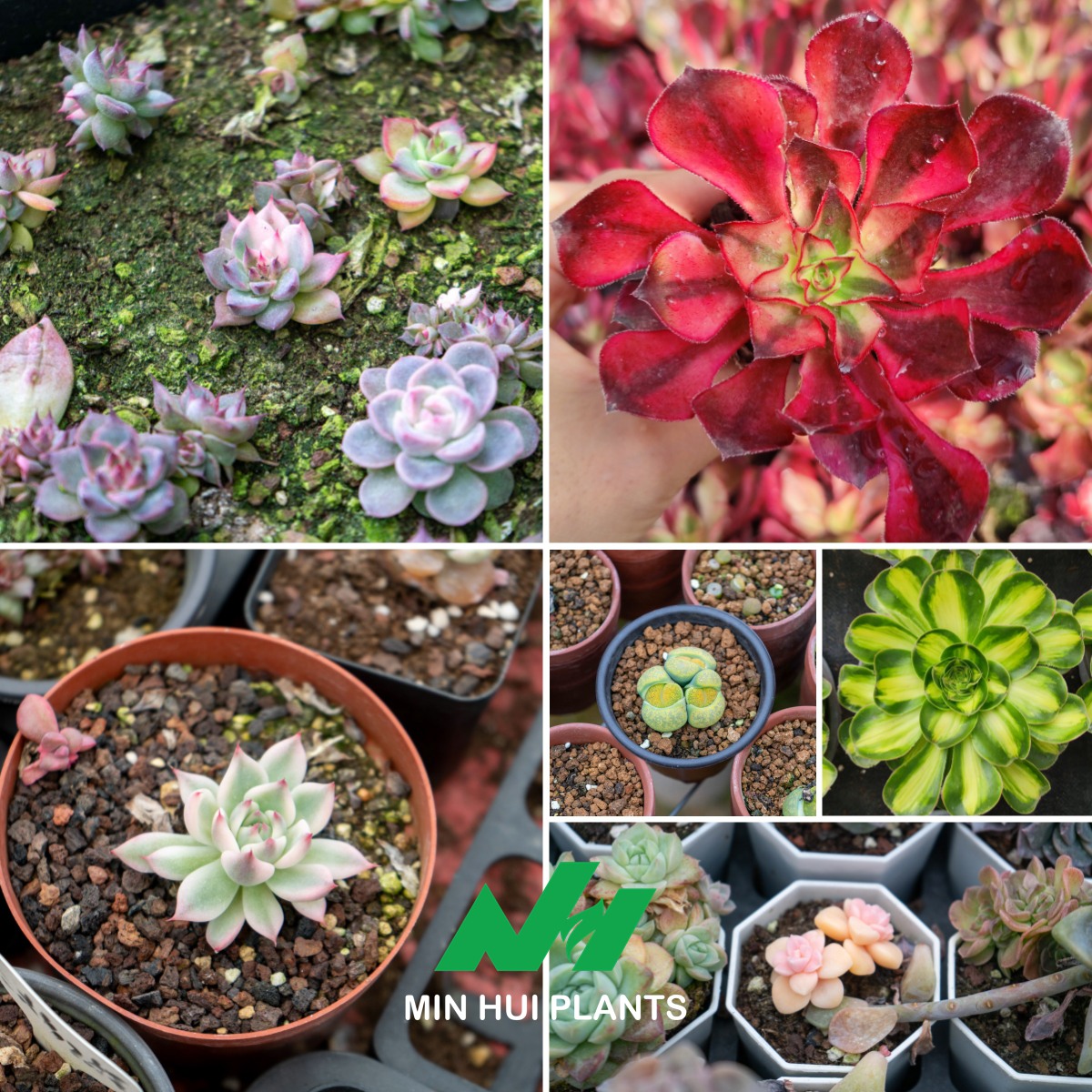
Wholesale Buyer Notes
When purchasing succulents wholesale, there are a few things to keep in mind:
Climate adaptability: Understand which varieties are suitable for your customer's local climate conditions - some varieties are more tolerant of humidity than others.
Local regulations: Understand your country’s import regulations, especially regarding soil, pests and diseases, and phytosanitary certificates.
Choice of packaging: Proper packaging is essential to avoid dehydration or damage during shipping.
Timing of demand: Succulents sell better during certain seasons or holidays (e.g., spring, Christmas, Mother’s Day).
Working with an experienced exporter who understands plant care and logistics can help reduce potential problems.